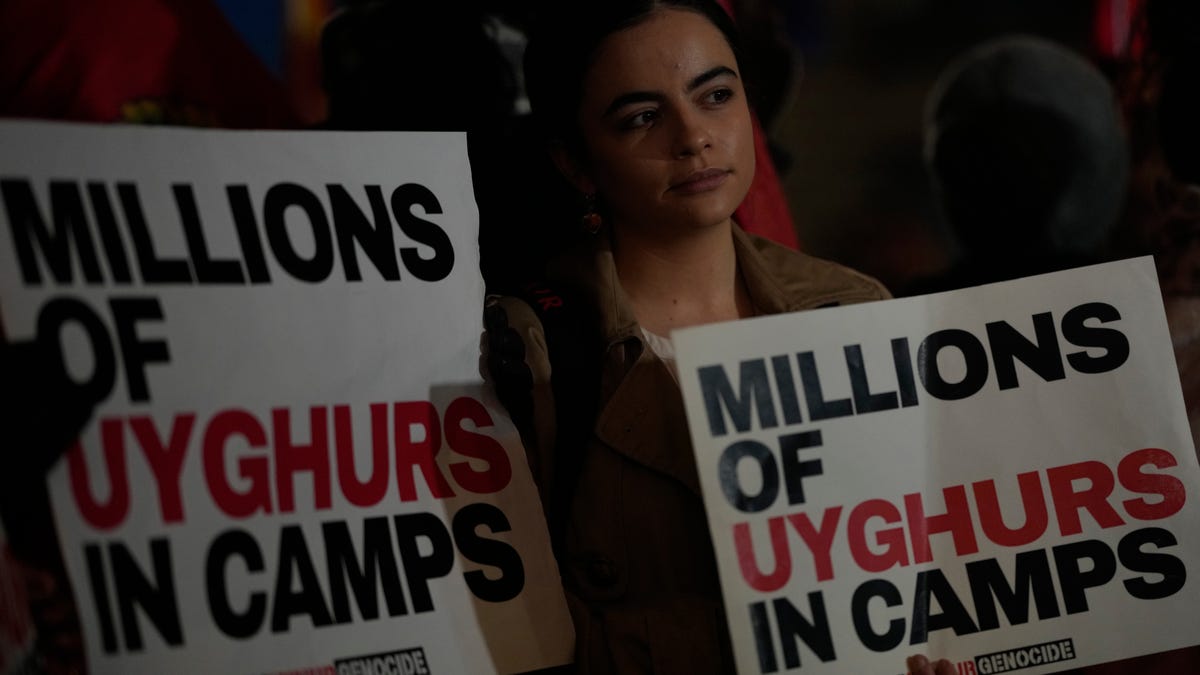
Close forced labor loophole in state’s economic development
Whether you love or hate Michigan’s long history of courting companies with the use of tax incentives and subsidies, most people in the state agree that we have reached a new era in economic development. In both scope and tenor, our discussions about when, how and to whom we should and should not give taxpayer dollars in exchange for the promise of jobs is shifting.
Once fodder for fiscal policy wonks and corporate lobbyists alone, the debate is no longer confined to legislative committee rooms in Lansing or to whether or not incentives should exist at all. Even if they shouldn’t, they do.
So, we’re also asking what ethical responsibilities policymakers have when giving citizens’ money to companies for the purpose of economic development. That’s a good thing, and the potential for tax dollars to end up funding and perpetuating forced labor ought to be part of the discussion.
Over the past two years, Michigan has promised more than $6.2 billion in economic development megadeals to companies with the hope that the investment will bring good-paying jobs to the state or keep existing jobs here. Many of the deals – $120 million for Dow in Midland, $1 billion for a Ford battery plant in Marshall, $715 million for Gotion’s battery parts project near Big Rapids – have made plenty of news, as big corporate contracts often do. This time though, the details of the contracts have also helped shine a light on government transparency, national security, environmental integrity and fair labor practices.
The debate has become so heated at times it has cost officials their elected positions. In the process, Michiganians have been loud and clear that they care, not just where their tax dollars are going, but how they are getting there and whether or not there could be unintended consequences once they’re spent. In response, the state should use every tool at its disposal to deliver on those concerns. The federal Uyghur Forced Labor Prevention Act (UFLPA) is something we can and should tap into right away.
Since 2016, the U.S. government and international non-profits have documented a state-imposed genocidal campaign against ethnic Uyghurs in China. Among other tactics meant to coerce the mostly-Muslim minority group into submission, the government has built and forced Uyghurs into labor camps, introduced relocation programs thinly veiled as “poverty alleviation,” and isolated Uyghur men, women and children in deplorable working conditions with little or no compensation and without the option to leave or contact family and friends.
The human rights abuses against Uyghurs in China are so bad that in 2021, Congress passed the UFLPA with overwhelming bipartisan support in an effort to crack down from afar and prevent goods produced by forced labor from entering the supply chain. Since then, a federal task force chaired by the Department of Homeland Security has worked diligently to compile and maintain a list of companies with known ties to Uyghur forced labor.
The UFLPA is a good start with admirable intentions, but supply chains are complex, and loopholes exist. A company on the UFLPA entity list may not be able to import goods made elsewhere to the U.S. at the federal level but they could, for example, exploit generous state-level economic development deals for siting very small portions of their operations here while maintaining extensive use of forced labor abroad. It’s an idea so repugnant to most Americans, it may not have even crossed the minds of most Michigan policymakers as they designed the latest rounds of economic development packages, but it’s a reality we must reckon with in the world today.
That’s why two bills, introduced in the Michigan House and Senate this month, are aimed at integrating federal efforts to combat the Uyghur genocide with state policy by preventing the state from entering into tax incentive or subsidy deals with companies that appear on the UFLPA entity list because of their use of forced labor, and making sure that we can get back any costs associated with a deal if that company is added to the list after a payment has already been made to them.
If the Legislature and governor are serious about showing Michigan residents they have been listening, they’ll move those bills as soon as they return to Lansing. After all, trust matters. Without reform, Michigan’s economic development efforts and taxpayer dollars are at a very real risk of funding forced labor. It’s a matter of ethical principle and economic imperative that we close that loophole.
Bryan Posthumus, R-Oakfield Twp., represents Michigan’s 90th District in the House of Representatives. Jared Rodriguez is co-founder of the Free Human Project.

